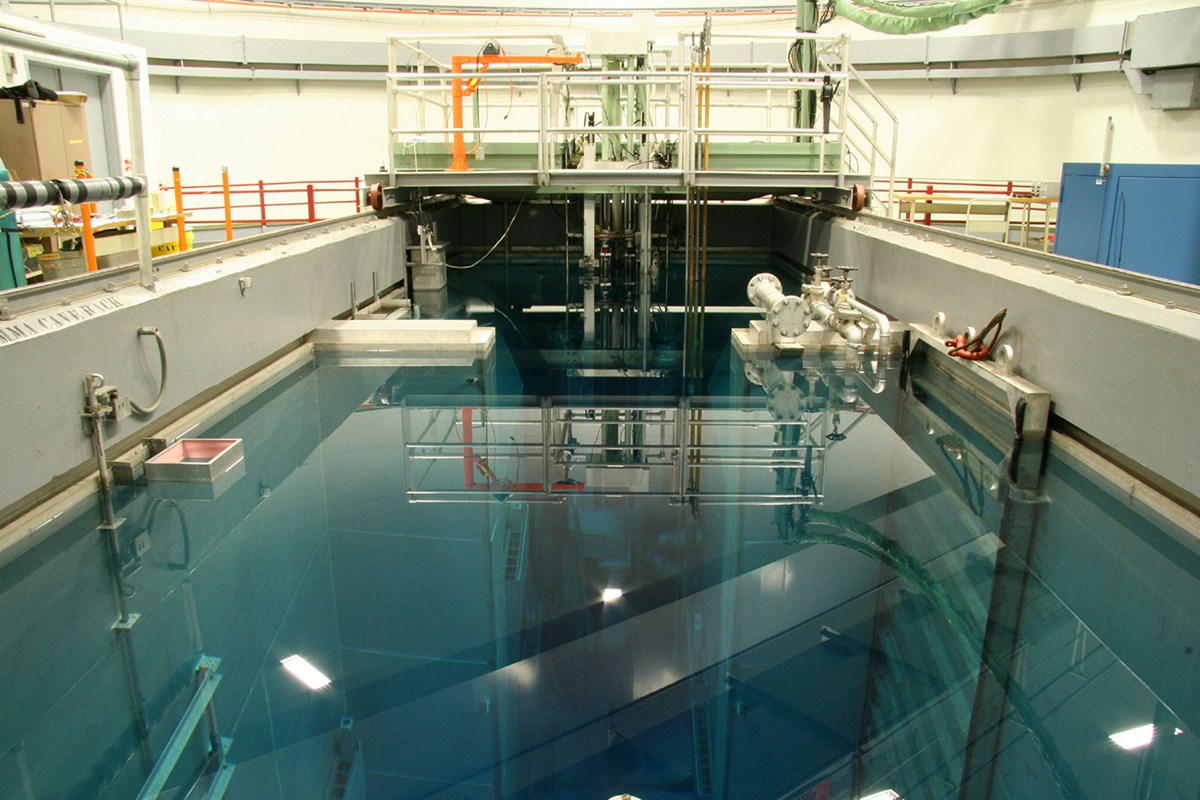What is Radiological Health Physics?
Radiological Health Physics, or simply Health Physics, is a scientific discipline that involves the study of:
- Natural and man-made radiation sources
- Distribution of radioactivity in the environment
- Radiation detection and measurement
- Radiation shielding
- Exposure pathways
- Metabolism of radioactive substances
- Effects of radiation on the human body
The discipline of Health Physics, also referred to as the science of radiation protection, is part of the broader discipline of radiological sciences that includes the uses of radiation in medicine.
What do health physics professionals do?
The profession of Health Physics is dedicated to the application of scientific principles for the protection of man and the environment from the harmful effects of radiation.
Health Physics professionals also seek to realize all of the benefits resulting from the uses of radiation, which involves the establishment of radiation dose limits, the implementation of radiation controls, the justification of radiation exposures and the optimization of protection practices.
What skills and knowledge are required for a health physics career?
The profession of Health Physics requires skills and knowledge from many areas of specialization, including: physics, chemistry, biology, physiology, ecology, nuclear engineering, public health, medicine, and industrial hygiene.
Other aspects of the profession include a working knowledge of workforce and public relations, teaching, training, and administration. The wide spectrum of knowledge required of the health physicist makes this profession both challenging and rewarding.
For more information on the uses of radiation visit the RadiationAnswers.org website.
For more information on the possible Careers in Health Physics visit the Health Physics Society (HPS) student webpage.


